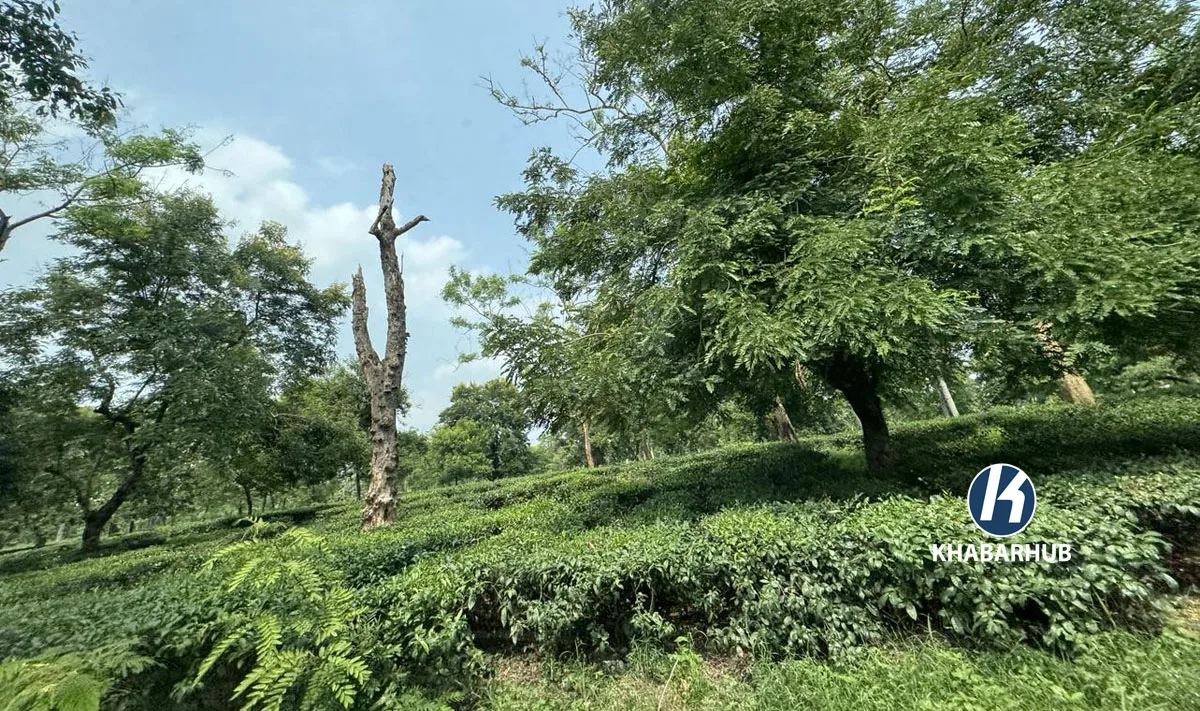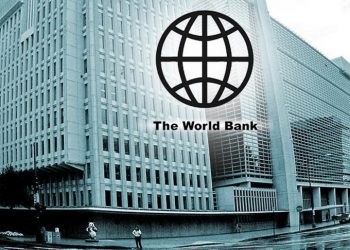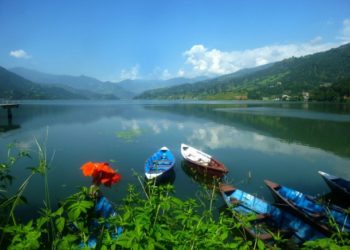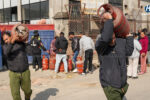KATHMANDU: The international demand for Nepali tea and coffee has been steadily increasing.
According to the National Tea and Coffee Development Board, 77 metric tons of coffee were exported during the fiscal year 2079-80 BS (2022-23), up from 72 metric tons worth Rs 96 million in the previous fiscal year.
The Board is currently collecting data for the fiscal year 2080-81 BS (2023-24).
On the import side, coffee imports during the fiscal year 2078-79 BS (2021-22) totaled 450 metric tons valued at Rs 320 million; however, this figure decreased significantly in the following year, amounting to Rs 100 million—approximately Rs 220 million less than the previous year.
Board Director Deepak Khanal noted that a favorable environment for coffee farming and the expansion of cultivation have recently boosted production.
Currently, coffee is cultivated on 3,659 hectares of land, with around 33,000 farmers engaged in production.
The international demand for coffee is estimated at around 14,000 metric tons.
Commercial coffee farming is taking place in 43 districts, including Gulmi, Palpa, Arghakhanchi, Lalitpur, Tanahu, Kavre, Sindhupalchowk, Lamjung, Kaski, Gorkha, Syangja, Parbat, and Baglung.
In terms of tea exports, the value reached Rs 3.8 billion during the fiscal year 2078-79 BS, with an increase of approximately Rs 140 million in the following year.
The number of tea industries in the country has risen to 161, employing around 60,000 workers, according to Board officer Chandra Puri.









Comment